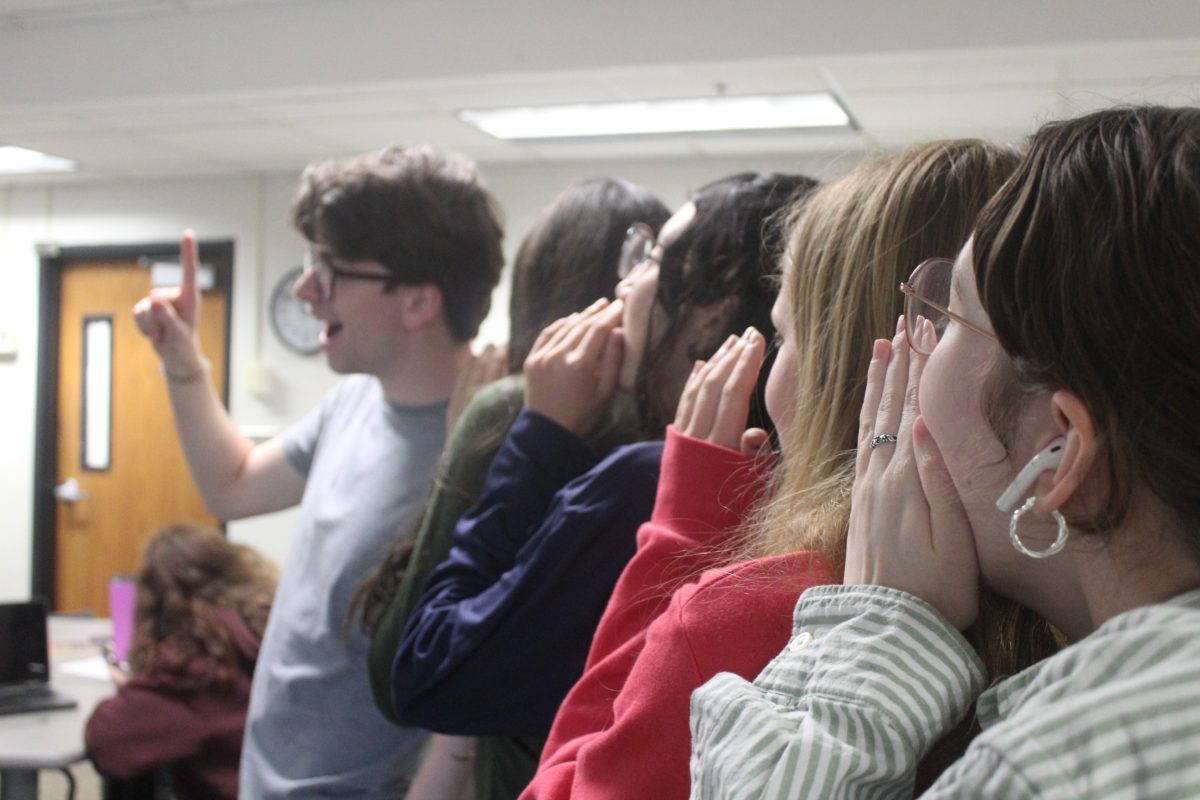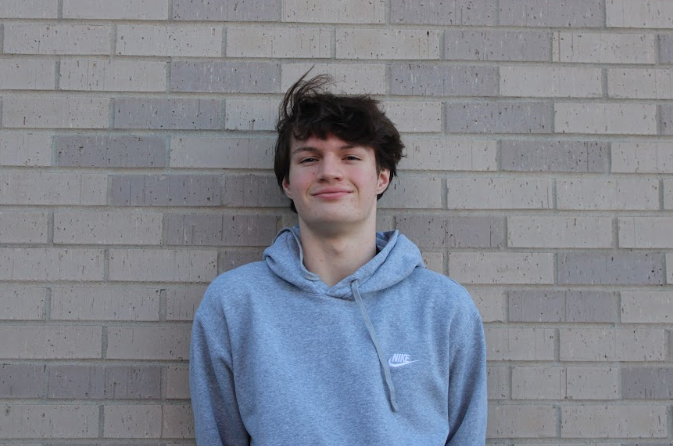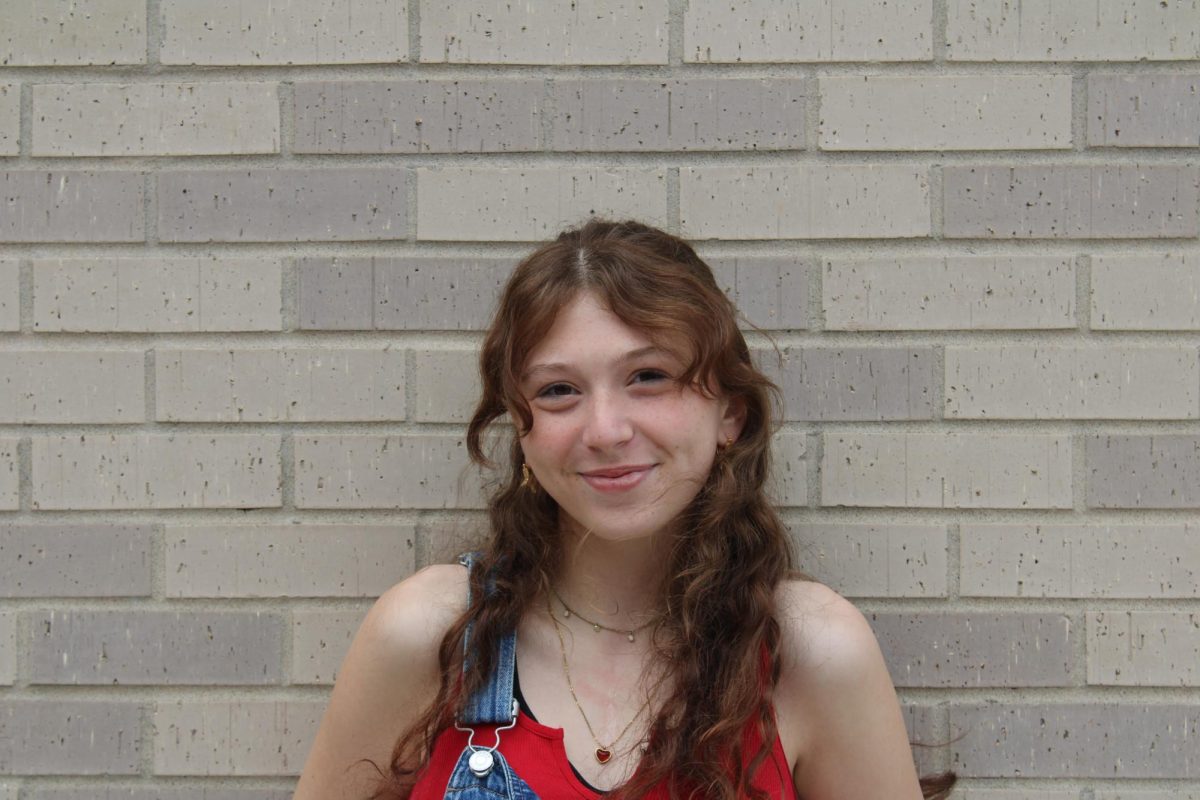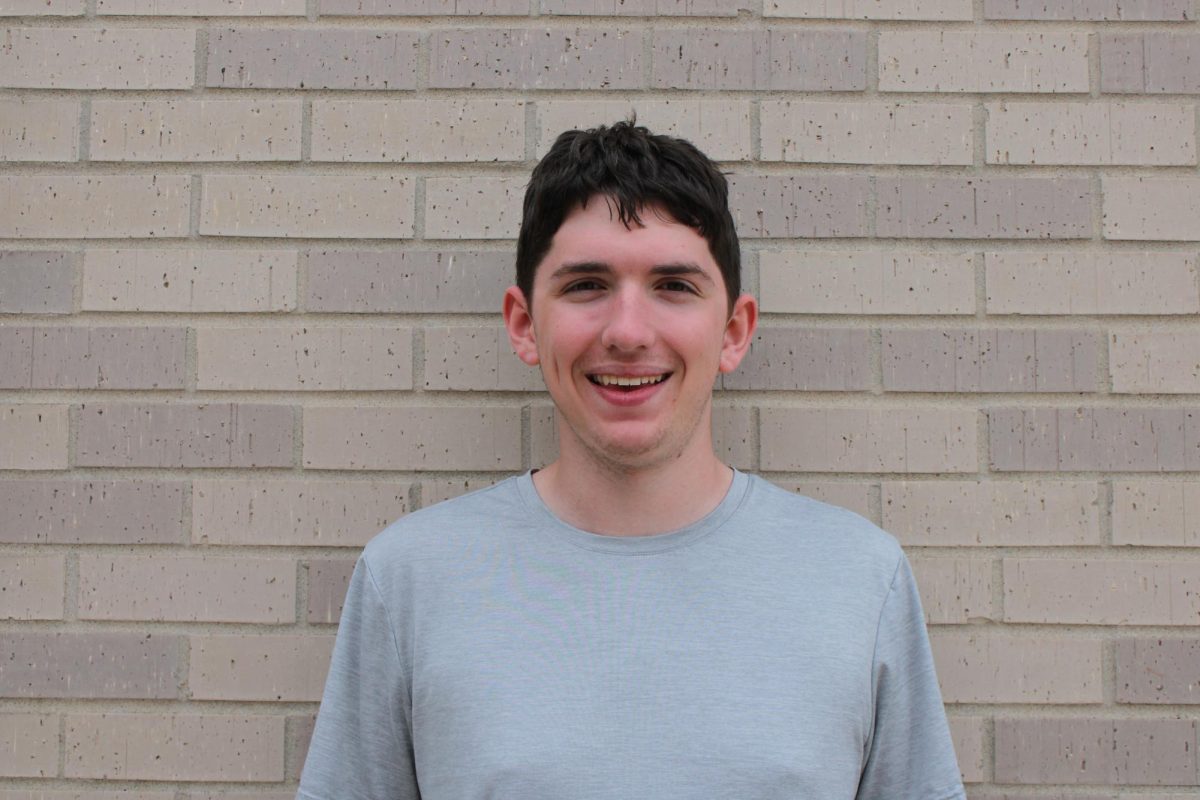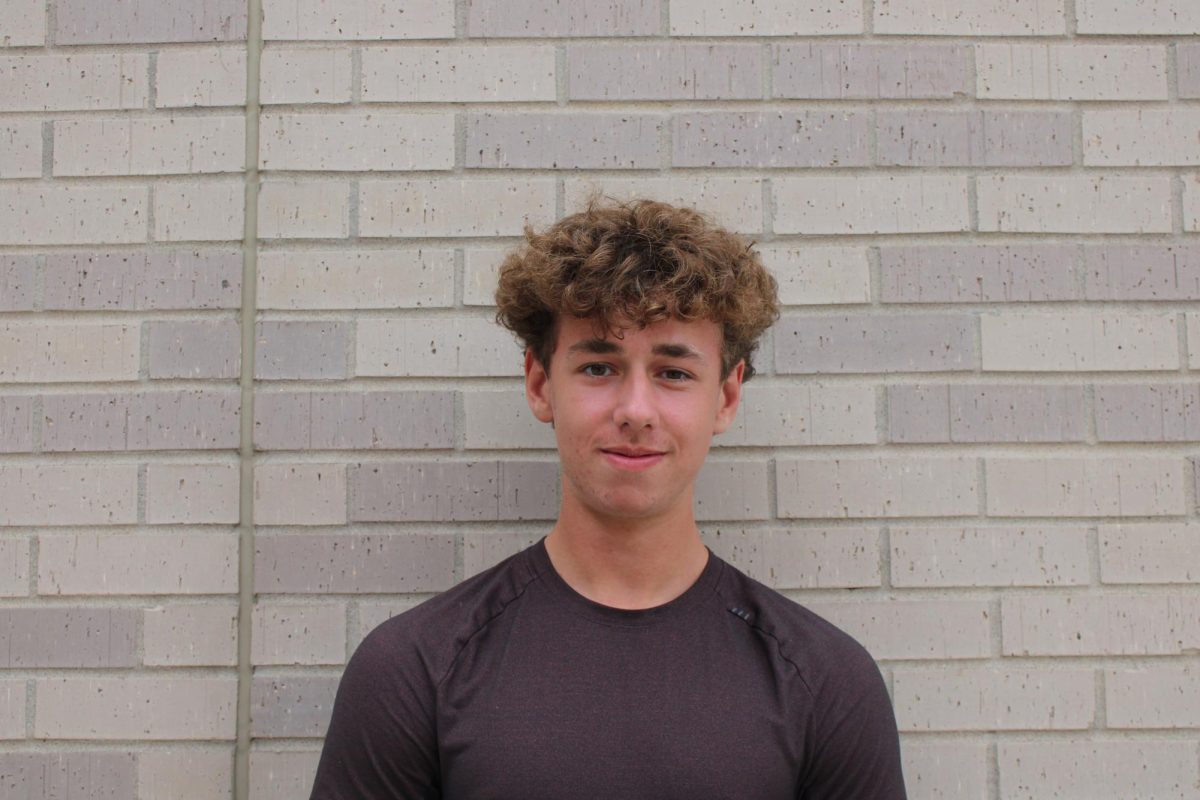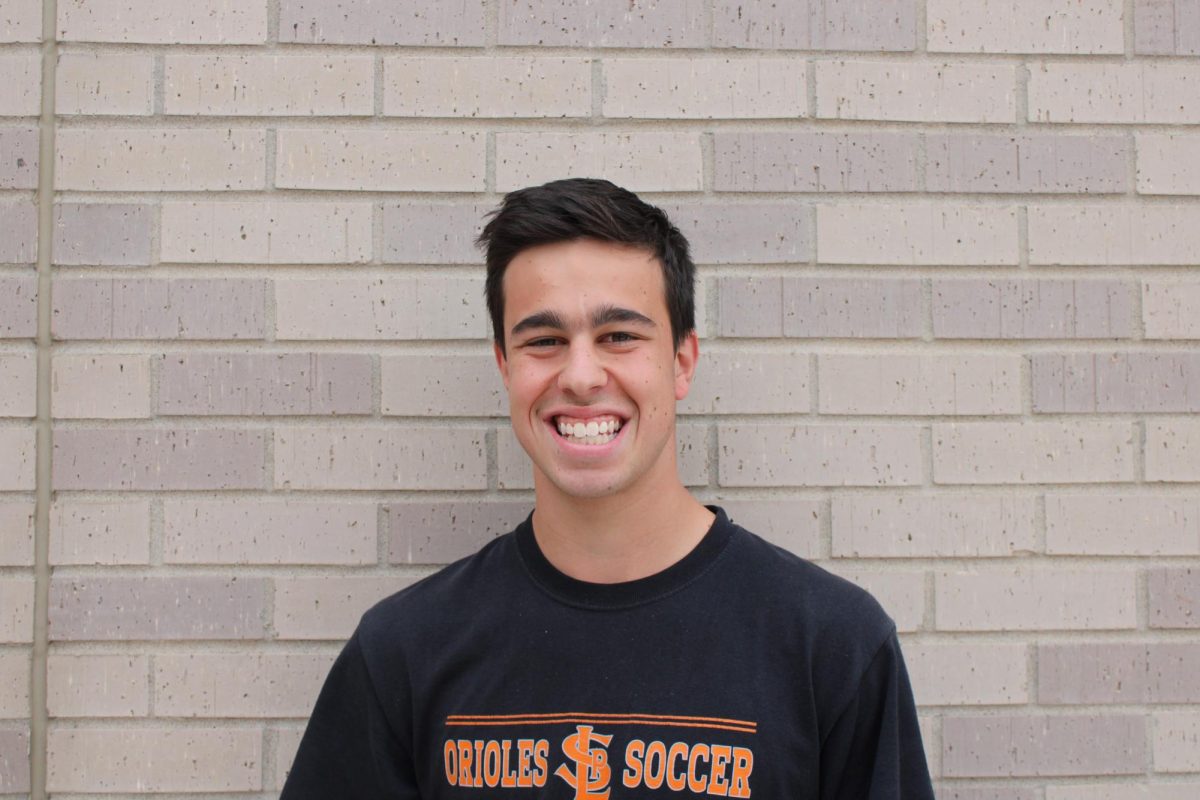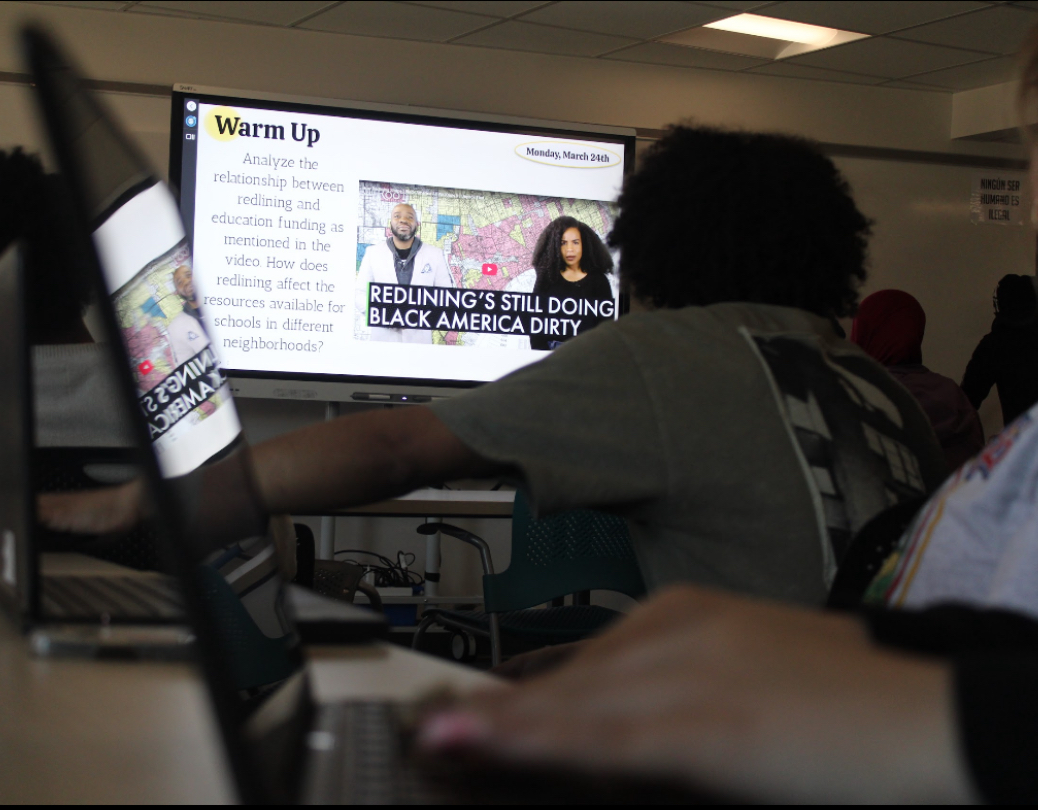Throughout the 23-24 school year, there have been multiple publicized controversies within the district. While this is natural for any school, they are often followed by strong community reactions. There are questions left unanswered, and whispers can be heard down the hall following any major break in a story. With all this talk, the Echo Editorial board has posed the question: how can the district communicate information clearly?
Rumors have a certain aura of mystery to them. No matter if they’re true or false, it is easy for them to skew people’s perspectives and make the truth harder to discern. However, the Board believes while rumors aren’t the most reliable form of communication, it’s the form of communication that students have been forced to turn to. The so-called “rumor mill” is common among teenagers, especially in times of distress. To process emotions in safe spaces and to understand the information available, it is only natural for students to turn to their peers.
The Board believes extending the communication parents receive to students can help combat rumors. When controversial topics arise, the district often sends out information about the situation to parents in the community. In contrast, students are often left in the dark. Students seek information out just as much as their parents, and are arguably more affected by the issues at hand. The district fails to include students in communication when the information being shared pertains the most to them. If school is being canceled or a situation is being acknowledged, students should be made aware of that through sources other than their parents. The current system in place operates on the assumption that parents will relay information to students, rather than having the district directly inform students. If this system fails and information is not spread, students often turn to less reliable sources for information. When students get their information from local news, Twitter and FaceBook, it is only natural that rumors will grow. The Board believes that an email with language as simple as “we see you” or giving whatever basic context is known can help students to feel more secure.
Another reason why rumors prevail is because of their effectiveness as a coping mechanism. It is easy to process information by confiding in peers you’re close to. In situations where tensions are high, it can be hard for students to cope emotionally. This year especially, students have had to struggle with complicated situations and learn to cope with feelings of betrayal or destabilization. But, how do you cope with betrayal? While some may point to school resources such as school counselors or social workers, the truth is these resources are often not advocated for at Park. The Board believes that the average student is unaware of these resources. Students aren’t opened up to having interactions or relationships with social workers and counselors, making them harder to reach out to in times of need.
On top of this, conversations about difficult or multifaceted topics are often discouraged. Students aren’t taught about how to talk about the exact topics that often become points of controversies. With no education on how to understand these topics, it is inevitable that students will struggle to cope with them or have productive conversations about them. With no real information or guidance, the Board believes it is natural for students to invest in rumors.
But there are things that can be done to provide better coping mechanisms. The Board believes that teacher-student emotional connections are sacrificed at times when they’re needed most. Teachers are students’ role models and people who guide them through everyday life. Being able to process difficult situations with a teacher is more helpful to students than resources like counselors, given that the counselor to student ratio is around 1:400. However, these relationships are often restricted. Teachers are often discouraged from having difficult conversations with students, and are even encouraged to shut peer-to-peer conversations about those topics down. This barrier pushes students to rely even more heavily on unproductive forms of communication rather than turning to trusted teachers.
However, the Board believes it is important to distinguish between the role of a social worker and a teacher. While teacher-student relationships are valuable tools, teachers shouldn’t be expected to act as trusted resources to help students process grief. With that being said, the Board feels that due to teachers’ impact on students’ lives, fostering relationships and providing safe spaces for struggling students naturally becomes part of a teacher’s job. Creating a community where there is enough care to have vulnerable conversations is essential to helping students process complex topics and a healthy classroom environment.
Additionally, the Board feels that email communications can create walls between faculty and students. It creates a “us and them” mentality that makes students feel like information is being withheld from them or being shared impersonally. With such complex situations, the issue of legality also often arises. When students are told their district isn’t “allowed” to speak on an issue, it amplifies the feeling of barriers. The Board believes that if the district were transparent on what is legally stopping them, students would feel less left in the dark. While the censored details don’t need to be shared, an honest explanation of why the district can’t speak on the issue would be helpful. Oftentimes, students crave the knowledge of why these rules are set in place.
Supporting students through these complex issues can be hard, but there are steps the district can take. The Board unanimously agreed that in times of conflict, it is imperative to feel like a community rather than building barriers. By opening spaces to share emotions and lived experiences, as well as opening a line of communication, the Board believes the district can help students process district controversies. By providing teachers with guidance on how to have difficult conversations with students and provide support, rather than shutting down these connections, the district can help build a strong community and stream of information. Additionally, by keeping students just as informed as parents, the district can ensure everyone in the community is fully aware of all the facts.



